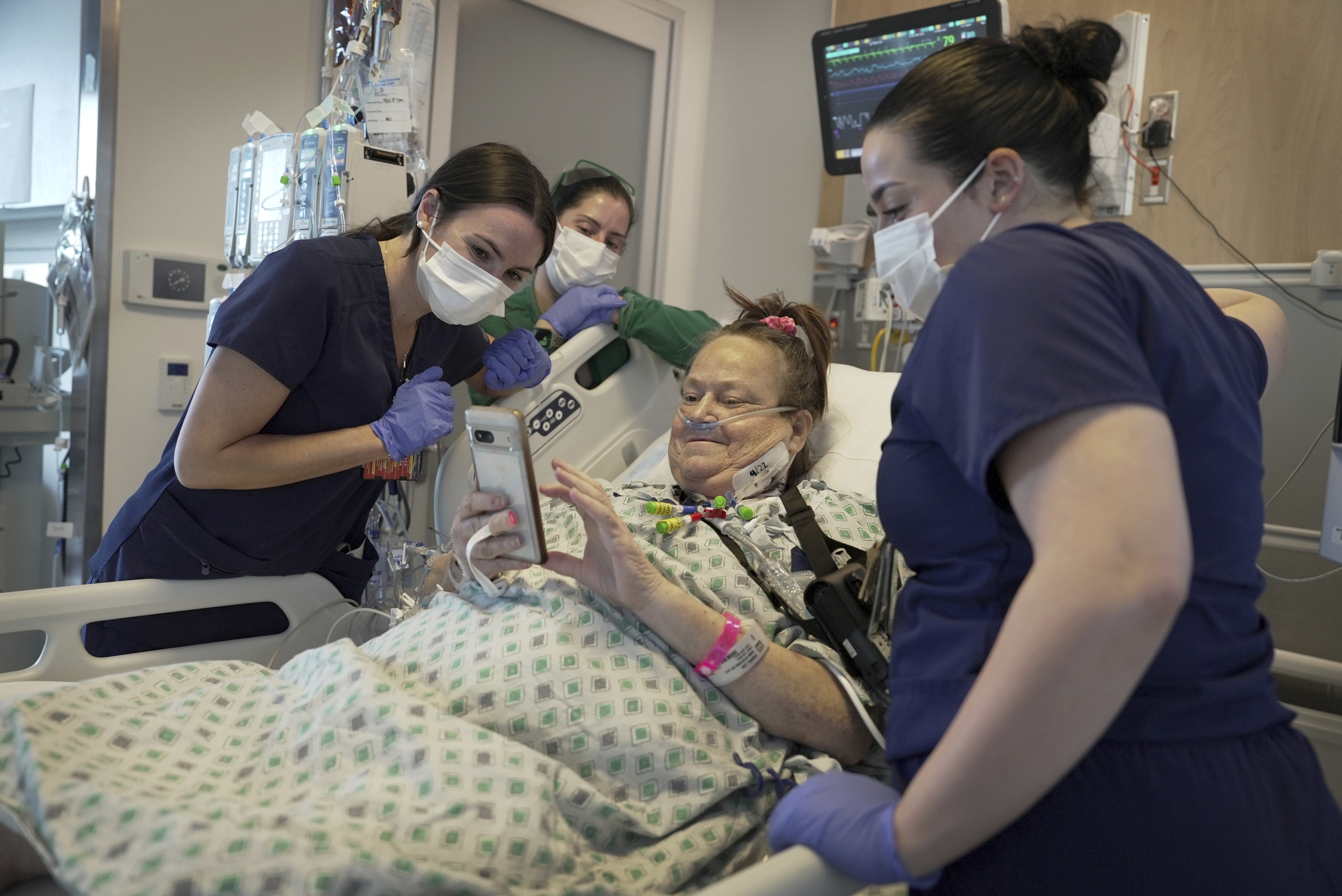Emergency preparedness is a topic often overlooked, but always important for family safety and well-being.
Keeping appropriate medical supplies and necessary papers on hand will help to ensure that you stay as healthy as possible during a crisis or natural disaster. The Centers for Disease Control recommends that you put the following items in a manageable box or bag in a readily accessible place. Keep one in your home, your car and at work.
General First Aid Kit
Medications and Individual Needs
- Aspirin and non-aspirin tablets
- Anti-diarrhea medicine
- Eye drops
- Any long-term prescription medications
- An epipen or asthma inhaler, if necessary
- Hearing aid batteries and extra set of glasses, if necessary
It is best to keep these supplies in a fire- and water-proof box, but storing them in a bag in your refrigerator is a good alternative, as refrigerators provide fairly good protection from fire. Be sure to check the pack regularly to be sure that prescriptions and other medications are up-to-date.
Health
Since you are most likely to be at home if there is an emergency, it is a good idea to stock additional supplies in a closet or other cool place. If you have babies or young children, include necessities for them, such as formula, diapers, pacifiers, bottles and powdered milk.
The American Red Cross suggests stocking your home with at least a three-day supply of food and water. This would include three gallons for each person in the home (one gallon per person per day) and sufficient canned goods. (Don't forget to include a manual can opener.)
As far as paperwork goes, include copies of driver's licenses, passports or other forms of identification. Keep copies of your credit cards and medical prescriptions, as well as some cash, just in case.
The idea of preparing for an emergency can be frightening. But, as recent events have shown, extra foresight can prevent major health emergencies and allow you to stay calm and safe until help arrives.



